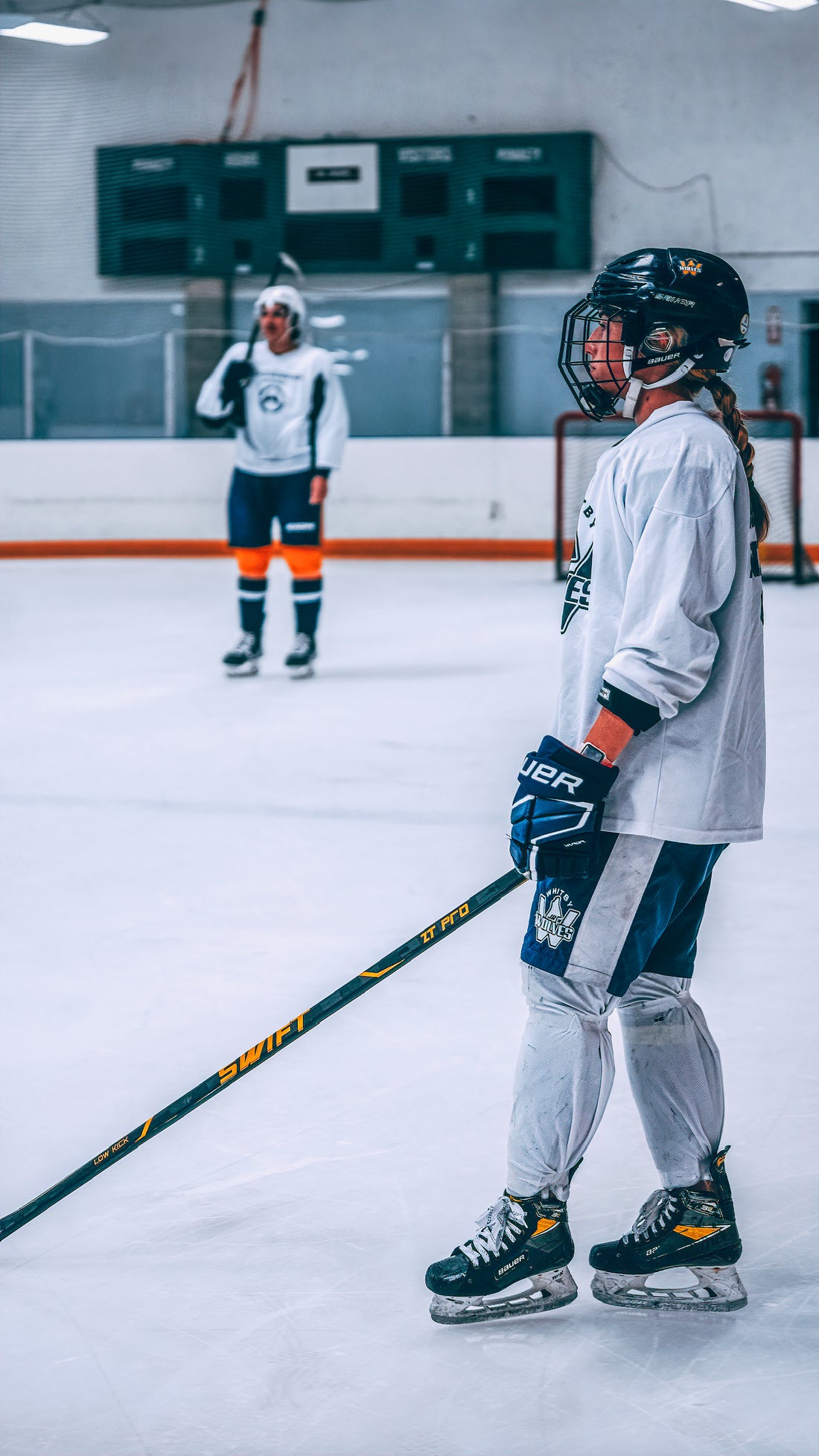
Swift Hockey: Why Kids Should Play Hockey
The Benefits of Hockey on Children: Building Character, Skills, and Community
Hockey, often hailed as Canada's national sport, holds a special place in the hearts of many. Beyond being a thrilling game played on ice, hockey offers a myriad of benefits for children that extend far beyond the rink. From physical fitness to personal development, here’s a closer look at why hockey is a fantastic choice for young athletes.
Physical Fitness and Health
One of the most obvious benefits of hockey for children is its contribution to physical fitness. The game demands cardiovascular endurance, agility, strength, and coordination—all of which are developed through regular practice and gameplay. Skating alone provides a full-body workout, enhancing muscle tone and improving overall cardiovascular health. Engaging in regular physical activity through hockey helps children maintain a healthy weight, reduce the risk of obesity, and promote lifelong habits of exercise.
Skill Development
Hockey is a sport that requires a unique set of skills, from skating and stick-handling to passing and shooting. Learning and mastering these skills not only enhances a child’s ability to play hockey but also improves their coordination, balance, and fine motor skills. Moreover, the tactical and strategic aspects of the game foster critical thinking, decision-making, and problem-solving abilities—all valuable skills that can be applied both on and off the ice.
Teamwork and Social Skills
Team sports like hockey provide invaluable opportunities for children to learn about teamwork and collaboration. In hockey, players must work together towards a common goal, communicate effectively, and support one another both on and off the ice. These experiences help children develop strong social skills, empathy, and the ability to navigate diverse personalities and perspectives—a crucial aspect of personal growth and development.
Discipline and Responsibility
Participating in hockey requires commitment, discipline, and responsibility. Children learn the importance of attending practices, being punctual, and respecting coaches, teammates, and opponents. These lessons instill a sense of accountability and self-discipline that can translate into other areas of their lives, such as academics and personal relationships.
Building Confidence and Resilience
Success in hockey, whether it's mastering a new skill or scoring a goal, boosts a child's self-esteem and confidence. Moreover, facing challenges, overcoming setbacks, and learning from mistakes are integral parts of the game. These experiences teach children resilience, perseverance, and the ability to bounce back from adversity—a resilience that serves them well throughout their lives.
Sense of Community and Belonging
Hockey fosters a strong sense of community and belonging among children. Whether playing for a local youth team or representing their school, children forge friendships, build camaraderie, and become part of a larger hockey family. The shared experiences of victories, defeats, and teamwork create lasting bonds and memories that often extend beyond the hockey season.
In conclusion, hockey offers numerous benefits for children, ranging from physical fitness and skill development to character building and socialization. Beyond the thrill of the game itself, hockey teaches valuable life lessons that shape young athletes into well-rounded individuals. As parents and communities continue to recognize the positive impact of hockey on children, the sport remains a cherished tradition that enriches lives and strengthens communities across the globe. Whether your child dreams of becoming the next NHL star or simply enjoys the camaraderie of playing with friends, hockey provides a platform for growth, learning, and lifelong memories.
